Editor’s Note: Meeple Mountain is aware of the allegations — some of which have been substantiated — of inappropriate and abusive behavior raised against JR Honeycutt, a co-designer for Machi Koro Legacy. Pandasaurus Games has previously released their statement regarding Honeycutt’s involvement with their company. In accordance with their suggestion, we have decided to make a donation to the non-profit RAINN as part of our process for this review, and we encourage anyone purchasing this game to make a donation if able.
Machi Koro made a big splash when it first hit the scene back in 2012. The peaceful city-builder charmed audiences with its adorable art as well as its gameplay, which mixes engine-building and dice-rolling to create a perfectly crafted blend of luck and strategy. Accessible enough for family game nights while still sharp enough to see play after the kids are asleep, Machi Koro is a game which has stood the test of time. You can find out more about the game, including an explanation of how to play, from our review of the Machi Koro 5th Anniversary Edition.
As with all institutions, Machi Koro has had to adapt to stay relevant. A series of excellent expansions, big-box editions, and even some digital exposure have kept this game on tables across the world. In 2019 Pandasaurus Games took another huge step forward with the release of Machi Koro Legacy.
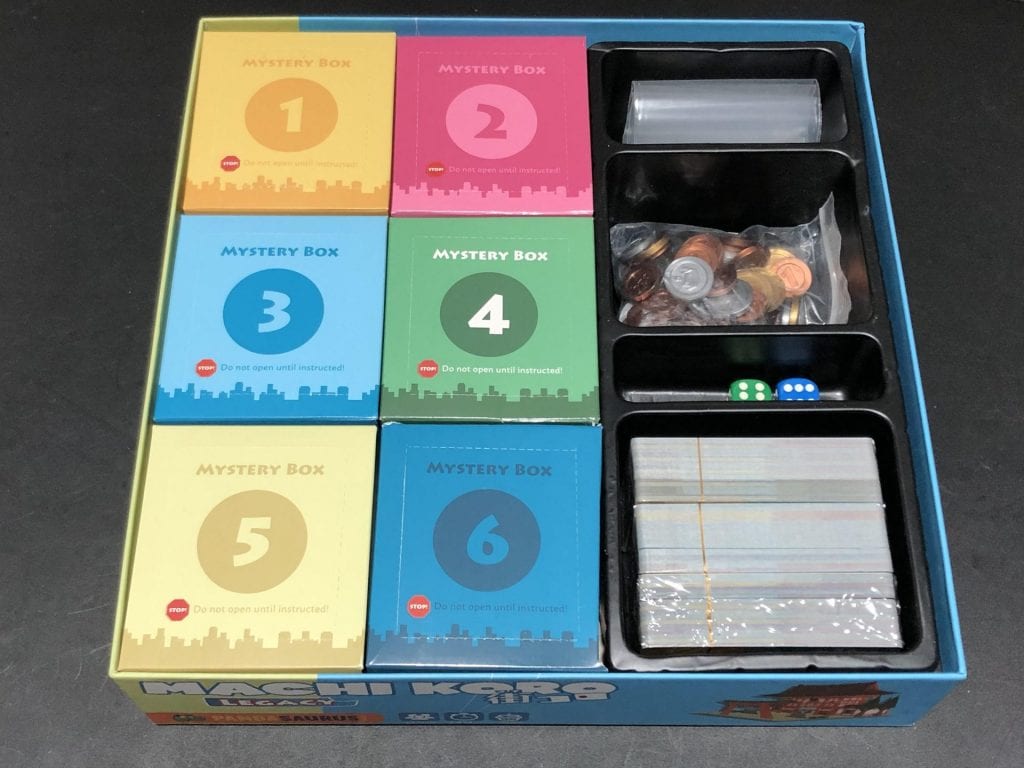
For those who aren’t familiar, legacy-style games tie multiple plays of the game together to create an ongoing narrative. The events of one game will impact the next, and legacy games generally involve permanent changes to the rules and components over time. For example, after a certain event in the game, players might be instructed to write something on the board, open a mystery box or envelope, add a sticker somewhere, or even destroy a card. Part of the fun comes from getting a set group together to play through the entirety of a campaign, sharing in the joy of a surprise twist or the misery of a hard loss and watching the game evolve into a personalized artifact of the experience. No two playthroughs will be exactly the same, so the narrative that players create with each other and the game is truly something special.
Because surprise is a huge element of what makes legacy games unique, it’s very difficult to review them without spoiling some of the fun. I’ll do my best to keep that to a minimum and have hidden the bulk of the review behind a spoiler link just in case, but be aware that some gameplay elements will be discussed. If you just want to know whether I recommend it — without any risk of spoilers — you can skip right over the link below and read the section entitled “The City & the City” for my final thoughts.
Laying the Foundation
Machi Koro Legacy starts with the same story that undergirds the original: a tale of rival mayors whose passion for civic improvement and big money leads them to build ever-expanding skylines of resource-generating buildings. In the course of their economic development, however, the mayors make an unexpected discovery that will change the course of their cities forever…
The story of Machi Koro Legacy — which designer Rob Daviau has said is inspired by a traditional Japanese fairy tale — will carry the players through a series of 10 games over the course of the campaign. At the end of the 10th game players will have their own distinct playable copy of Machi Koro Legacy, though they can also revert back to the basic setup if they so choose.
A giant deck of legacy cards will shepherd players through the campaign. At the start and end of each session, players will flip a specific number of cards from the legacy deck and adjust their game accordingly. This procedure is explained in the rulebook, though it will quickly become second nature. With each game, a few things will be added to the game while others will shuffle off to the reserves (if they may come into play in future games) or the archives (never to be used again).
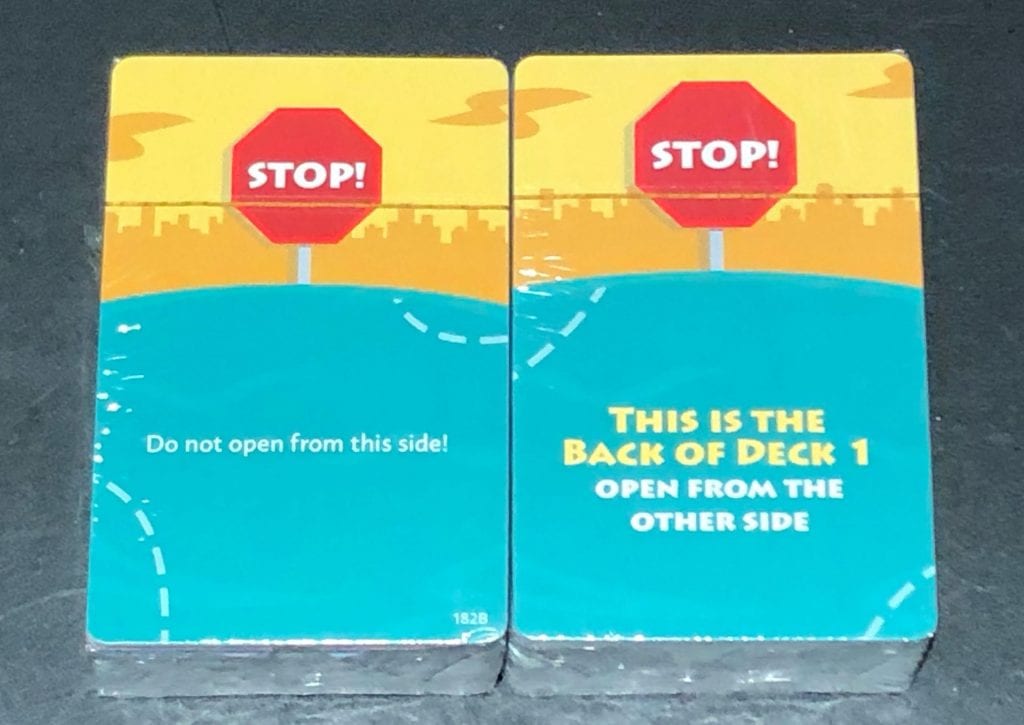
Broadly speaking, the gameplay in Machi Koro has two elements (cards and dice) so it’s probably not too surprising when I say that many of the changes in Machi Koro Legacy involve gaining and losing access to cards and mixing up the way that players use dice. Some of these alterations are big and surprising though there are guaranteed to be at least a few small changes every time you play.
Each session is bracketed by a short piece of the ongoing narrative that introduces the new gameplay elements. Some sessions also feature an instruction to open one of the mystery boxes included with the game and/or a reference card to help explain permanent changes.
One of the major inclusions for Machi Koro Legacy is the introduction of personal player boards. Here players can write in their city’s name, track their current goals, and see other long-term information. This is a pretty nifty inclusion that helps sell the legacy aspects of the game. For the most part, however, each game session puts the players on a more-or-less equal footing; the player board exists for the purpose of tracking the latest updates rather than defining your personal city.
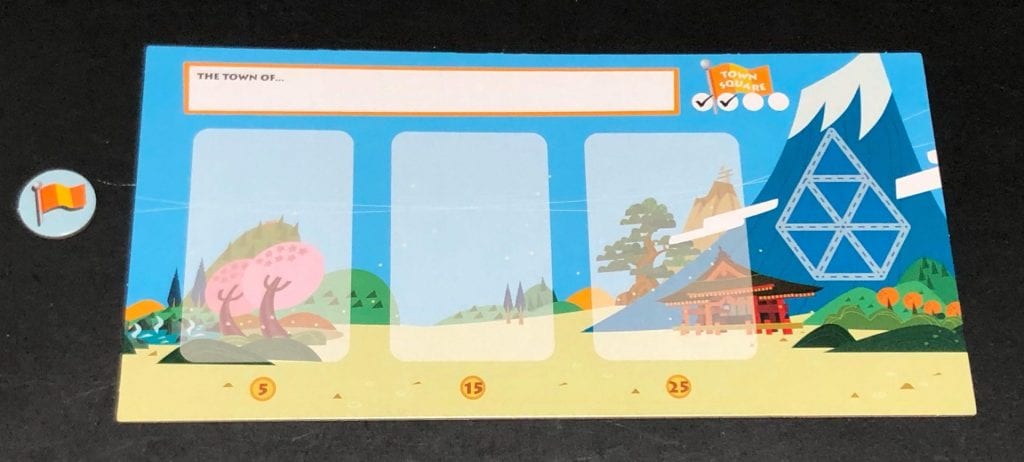
There is also a section in the rulebook for tracking the results of each game. It’s functional, though you can make it more fun if you like. My wife and I used it for good-natured teasing, building a municipal rivalry in the style of Pawnee and Eagleton. To be honest, this was one of my favorite aspects of the game; it’s a hint of what Machi Koro Legacy could have been if cities were allowed to develop more organically. Unfortunately the main purpose of tracking the results is to see who has won the most games, which quickly became pointless due to a glaring mechanical problem.
Hitting a Brick Wall
The first few games were so exciting. Machi Koro Legacy front-loads some of its coolest ideas, then refines or reworks them over the course of the campaign. From the outset I was looking forward to seeing new cards, opening mystery boxes, creating ever-more-incredible cities in my quest for gold and glory…and then my wife discovered The Strategy.
The Strategy, in this case, is a particular mix of cards that consistently lets players earn staggering, game-winning amounts of money very frequently. For reference, we were each generating 70-80 coins on a single roll — a ludicrous sum even by Machi Koro Legacy’s standards — and consistently doing so 2 or 3 times each before the game abruptly ended. I won’t say any more than that, because even knowing that there is a single powerful strategy is a problem.
The Strategy came to warp everything around it. Nothing else mattered. All of our turns became a race to gather the same handful of buildings or a race to roll the right number. Some of the Legacy mechanics make those goals easier, especially in the later game. We experimented with different strategies, debated house rules, and even toyed with the idea of taking out certain cards. In the end it was just too hard to pass up. Money is the sole goal in Machi Koro and despite Legacy’s attempts to rewrite the rules of the game, it doesn’t fundamentally do away with that. In some ways it exacerbates it.
Machi Koro has always struggled with balance issues, so this isn’t entirely surprising. It was, however, very disappointing. My wife and I have played standard Machi Koro plenty of times and, while there are clear paths to follow, there’s a little more interactivity and variety to the basic game. That said, The Strategy is probably not a problem with 3 or 4 players, free from the zero-sum bubble of head-to-head battle. It may not impact all sets of 2 players either. Casual players in particular may not even notice it exists. For us, it completely reshaped the game (and not for the better). Combo-oriented couples, be warned that should you go looking for The Strategy, you may suffer the worst fate of all: finding it.
The City & The City
Machi Koro Legacy is an interesting experience. I certainly don’t regret playing it. On the other hand, I’m hard-pressed to recommend it. Every excellent design choice — and there are many — is counterbalanced by one which I find baffling.
As one example, the storyline that runs through the campaign is quite fun! It’s light and cute and a little bit silly in all the best ways. It fits the feel of Machi Koro very well. At the same time, I wasn’t particularly invested in it. At no point did I feel like a mayor revitalizing my city to keep up with changing events. There aren’t many consequences (good or bad) to your player choices. There are relatively few options for customizing your city, and often the ones that appear end up being largely irrelevant in the long run.
The mystery boxes are a mixed bag as well. One or two of them are really excellent, offering something unexpected or hinting at future surprises. A few are fairly bland, with secrets that have been all but revealed before their time has come. The same can be said for the new cards introduced each game.
From a production standpoint, the plastic coins are a nice — if unexceptional — upgrade over the cardboard ones I’ve been using in the base game. I did discover a damaged component in one of the mystery boxes, though it wasn’t particularly game-impacting. There was also one loose component in the box that felt like it should have been hidden in some way.
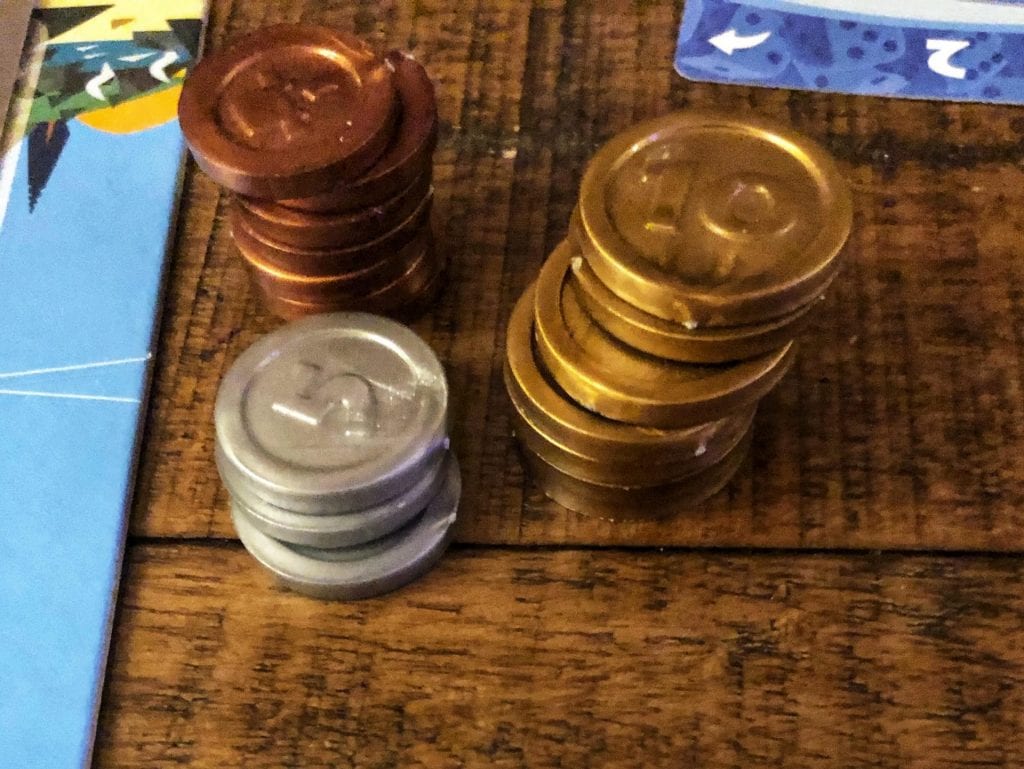
Gameplay-wise, Machi Koro Legacy runs afoul of a common criticism surrounding legacy games: the addition of new rules over time bogs down the game. Setup becomes unwieldy and there’s a bit more upkeep during turns than is truly necessary. A rare few turns stretched on for several uninteresting minutes. For a family-friendly title whose primary strength is that it’s quick and accessible, that can be a pretty significant issue.
That said, there’s a lot here to offer casual gamers who are looking for a light legacy experience. Kids may not enjoy the longer turn time, but they’ll love opening the mystery boxes — and you can assign them some of the aforementioned busywork to keep them engaged in the experience. Adults who just want to chuck dice and grab coins are going to have a good time, as long as they don’t look too closely.
Ultimately, Machi Koro Legacy is built on the shaky foundation that more is always better. It’s a victim of its own urban sprawl, a Potemkin village full of bright and beautiful ideas with little substance or follow-through backing them. Can you have fun with it? Absolutely! If you’ve never played Machi Koro or just want to try a legacy game without a huge commitment, Machi Koro Legacy works well enough. If you already own Machi Koro or are looking for a deep legacy experience, skip over Machi Koro Legacy — there are so many more interesting cities to explore than this one.


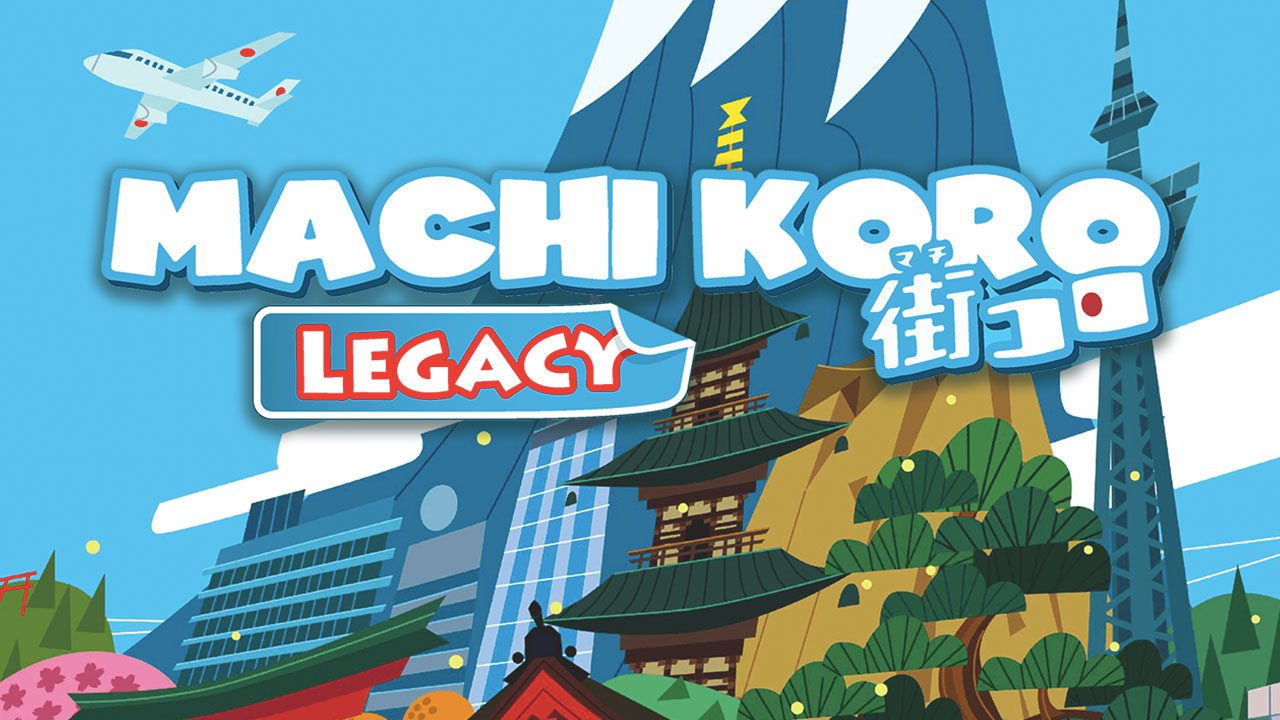

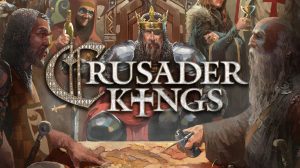

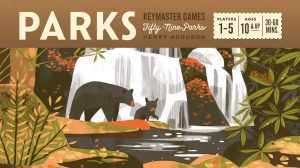


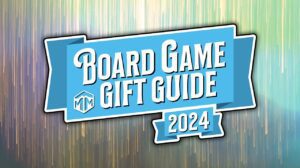


Your review is spot on. I would only add that, as with the expansions that have come for the base game, much of Machi Koro Legacy felt like a lot of missed opportunities. My wife, my son, and I recently did the whole Legacy play though. We had a good enough time, but (as you allude to in your review) nothing we did felt like it had an impact on anything, which for a Legacy game is real waste. Like you, I do not regret buying or playing the campaign. I was just really hoping for more. In fact, I had hoped that Legacy elements could help alleviate some of the issues I have with the base game and its expansions.
If you are interested, my reviews of Machi Koro and Macho Koro Legacy can be found here:
https://www.boardgamegeek.com/thread/2604445
https://www.boardgamegeek.com/thread/2605941